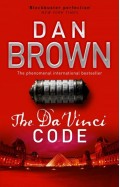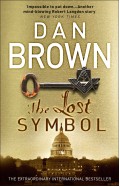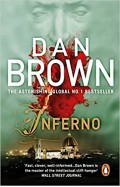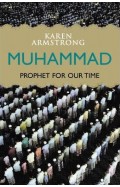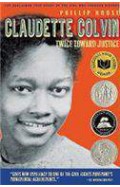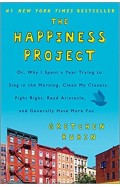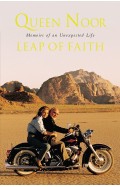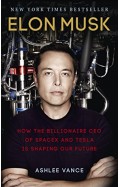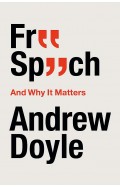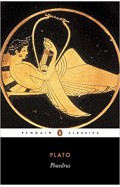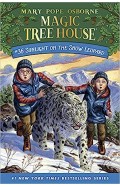- Home
- Books
- Categories
- Non Fiction
- History
- Life Finds a Way - What Evolution Teaches Us about Creativity
Life Finds a Way - What Evolution Teaches Us about Creativity
By: Andreas Wagner
-
Rs 1,950.75
- Rs 2,295.00
- 15%
You save Rs 344.25.
Due to constant currency fluctuation, prices are subject to change with or without notice.
‘This is a wonderful, mind-expanding book. Prepare to be surprised, enlightened and awed as Wagner reveals the sources of human and natural creativity.’
– Alice Roberts
In Darwin’s survival of the fittest, each step must be uphill as life progresses towards an evolutionary peak. There is no turning back. So what happens when life needs to cross a valley in the wilds of an adaptive landscape to reach the highest summit?
World-renowned biologist Andreas Wagner reveals that life does not only walk – it also leaps.
Drawing on pioneering research, Wagner explores life’s creative process and how it bears a striking resemblance to how we humans work. A beguiling symmetry links Picasso struggling through forty versions of Guernica and the way evolution transformed a dinosaur’s claw into a condor’s wing. This new understanding is already revolutionising our approach to problem-solving across the sciences. In the near future, applied in spheres as diverse as the economy and education, it will enable us to do so much more.
Life Finds a Way is a thought-provoking and deeply hopeful look at the force that shapes our world.
‘This is a wonderful, mind-expanding book. Prepare to be surprised, enlightened and awed as Wagner reveals the sources of human and natural creativity.’
– Alice Roberts
In Darwin’s survival of the fittest, each step must be uphill as life progresses towards an evolutionary peak. There is no turning back. So what happens when life needs to cross a valley in the wilds of an adaptive landscape to reach the highest summit?
World-renowned biologist Andreas Wagner reveals that life does not only walk – it also leaps.
Drawing on pioneering research, Wagner explores life’s creative process and how it bears a striking resemblance to how we humans work. A beguiling symmetry links Picasso struggling through forty versions of Guernica and the way evolution transformed a dinosaur’s claw into a condor’s wing. This new understanding is already revolutionising our approach to problem-solving across the sciences. In the near future, applied in spheres as diverse as the economy and education, it will enable us to do so much more.
Life Finds a Way is a thought-provoking and deeply hopeful look at the force that shapes our world.
Arrival of the Fittest: Solving Evolution's Greatest Puzzle
By: Andreas Wagner
Rs 1,270.75 Rs 1,495.00 Ex Tax :Rs 1,270.75
Life Finds a Way - What Evolution Teaches Us about Creativity
By: Andreas Wagner
Rs 1,950.75 Rs 2,295.00 Ex Tax :Rs 1,950.75
Zubin Mehta: A Musical Journey (An Authorized Biography)
By: VOID - Bakhtiar K. Dadabhoy
Rs 892.50 Rs 1,050.00 Ex Tax :Rs 892.50
Elon Musk: How the Billionaire CEO of SpaceX and Tesla is Shaping our Future
By: Ashlee Vance
Rs 2,245.50 Rs 2,495.00 Ex Tax :Rs 2,245.50
Whiskey Tango Foxtrot : Strange Days in Afghanistan and Pakistan
By: Kim Barker
Rs 1,097.50 Rs 2,195.00 Ex Tax :Rs 1,097.50
Decoding Logos: From LOGO Design to Branding
By: Shaoqiang Wang
Rs 8,095.50 Rs 8,995.00 Ex Tax :Rs 8,095.50
Don't Laugh, It'll Only Encourage Her
By: Daisy May Cooper
Rs 1,610.75 Rs 1,895.00 Ex Tax :Rs 1,610.75
Zubin Mehta: A Musical Journey (An Authorized Biography)
By: VOID - Bakhtiar K. Dadabhoy
Rs 892.50 Rs 1,050.00 Ex Tax :Rs 892.50
Arrival of the Fittest: Solving Evolution's Greatest Puzzle
By: Andreas Wagner
Rs 1,270.75 Rs 1,495.00 Ex Tax :Rs 1,270.75
Life Finds a Way - What Evolution Teaches Us about Creativity
By: Andreas Wagner
Rs 1,950.75 Rs 2,295.00 Ex Tax :Rs 1,950.75












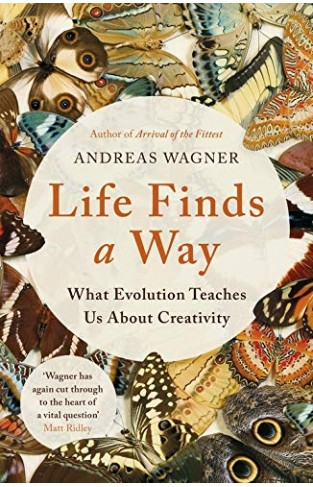
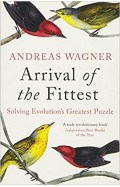
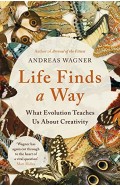
-120x187.jpg?q6)






-120x187.jpg?q6)
